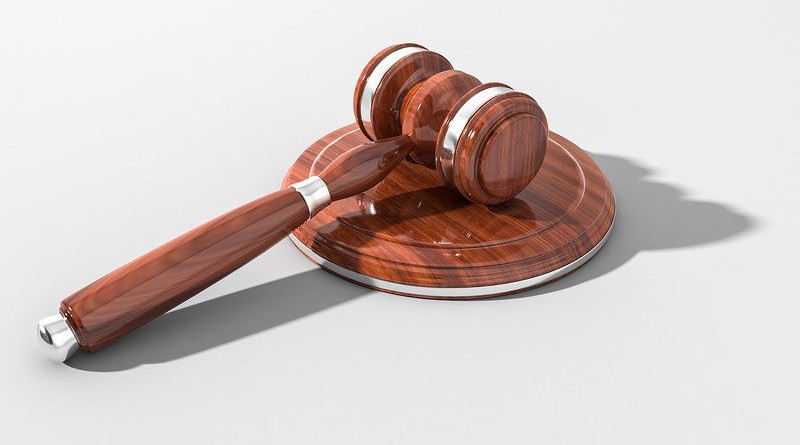Don’t Count On The Russian Justice System – OpEd
An Appeal to the International Community
Within Russian law enforcement agencies corruption is rife, its members are highly sensitive to suggestion from political powers, and they are all too often noted for looking after their own business interests. All this couldn’t but undermine extradition requests from the Procurator General of the Russian Federation. Nonetheless, extradition is an important institution of multilateral cooperation in the legal sphere. In Russia,however, this measure is often used as an instrument of unlawful reprisal against people.
Even allowing for requests sent from Russia which are formally correct (which happens far from always) there is no guarantee that having signed a decision on the extradition of a suspect back to his homeland, that you are not also sending him to his death. It is highly probable that those extradited to Russia will not receive access to competent and independent judges, and that they will be repressed under the guise of judicial procedure.
And on this point, there is no such thing as a “simple” affair of extradition to Russia: serious criminal charges can disguise an pursuit of a boss, who, with the help of the law enforcement attempts to defraud his business; and under the guise of charges of economic crimes Russian authorities often try to settle scores with their political opponents.
From now on, every official of western governments, interacting with their Russian counterpart on the question of extradition, should be aware of how much rides on their decision. Whenever the life of a real person is at stake, so are the lives and wellbeing of their relatives and close friends.
Returning to Russia, a person will unavoidably face the inhumane system, which will not respect their constitutional rights. The accused can die in Russian jails from denial of the necessary minimum of medical care, just like what happened with Sergei Magnitsky. Investigators can beat witnesses to the point of handicapping if they don’t agree to give the required testimony- precisely what happened with the Spanish citizen Antonio Valdez-Garcia, from the Yukos affair. On trumped up charges people in Russia can be charged twice for the same crime- the Lebedev-Khodorkovsky case serves as an example here.
We are adherents of the view that extradition must promptly follow a fair judicial decision, and it cannot in any way deny this person access to justive. Acquittals in Russian courts make up less than one percent of cases and are seen by the judicial powers as hardly more than an extraordinary event.
The Russian government abuses the mechanisms of international agreements on extraditions, the Interpol system, and other multilateral conventions on the fight against international corruption so that they can investigate innocent people- their politcal opponents, those whose property Putin’s chinovniks have stolen or want to steal, or simply those with whom they wish to settle scores.
We appeal to all concerned citizens of those countries, with whom Russia has signed bilateral extradition agreements to demand from their governments to work out mechanisms on both intergovernmental and national levels, to protect their national legal systems and the mechanisms of international legal cooperation from abuse from the Russian side. Before working out this effective strategy a total moratorium must be introduced on the implementation of extradition requests, on the denial of legal help, on the implementation of the orders from the Interpol framework.
We call on you to write to your governments to request these measures. By suggesting this extreme step, we truly believe that soon the legal nihilism, bedeviling the legal and judicial systems of Russia, will be curbed, and that we will return to multilateral cooperation with the EU on matters of extradition.
Signed
Naum Nim, chief editor of the newspaper “Dossier on Censorship”
Grigory Pasko, journalist
Grigory Chkartishvili, author
Ludmila Alekseeva, representative of the Moscow-Helsinki Group
Sergey Kovalev, human rights defender
Vladimir Bykovsky, human rights defender
Natalya Fateeva, actress
Lev Ponomarev, human rights defender
Aleksey Simonov, president of the Glasnost Protection Foundation

